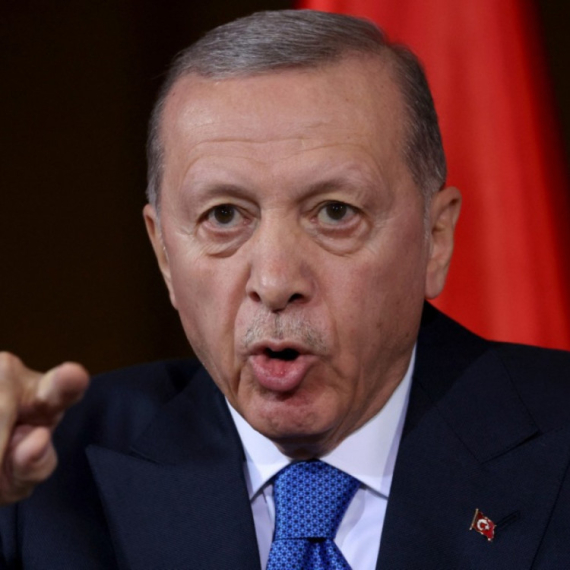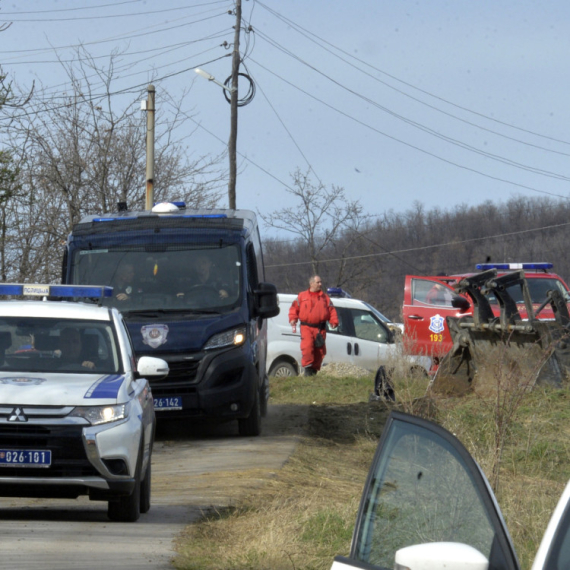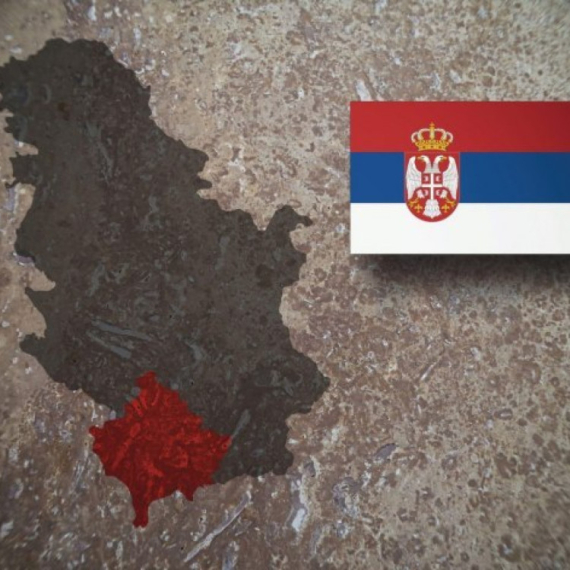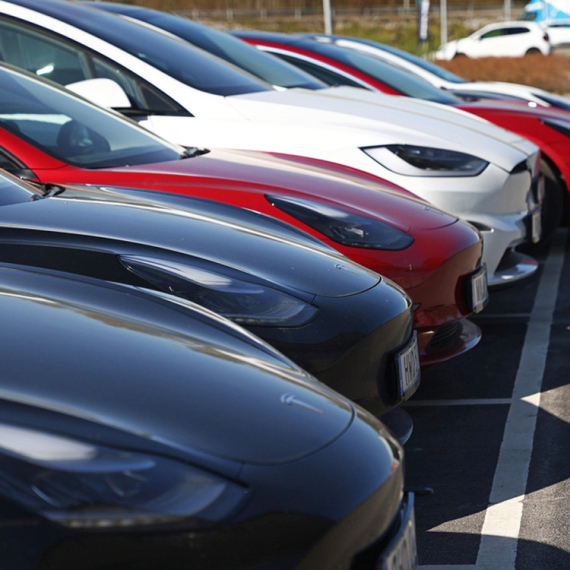Slovenian unions stage mass protest
Slovenian trade unions, students and pensioners staged the largest rally in the country since its independence in 1991.
Sunday, 18.11.2007.
11:00

Slovenian trade unions, students and pensioners staged the largest rally in the country since its independence in 1991. They blocked traffic in the centre of Ljubljana for several hours on Saturday, Reuters reported. Slovenian unions stage mass protest According to trade unions, some 70,000 people demanded a general increase in salaries and pensions due to high inflation and economic growth in a country that will take over the 6-month rotating presidency of the European Union in January. The protest came only two days before the government faces a parliamentary vote of confidence on Monday after Slovenes elected the opposition-backed leftist Danilo Turk as president last weekend by a wide margin. "We demand higher wages," head of Slovenia's largest trade union ZSSS, Dusan Semolic, told the public. "We have high economic growth, we have high productivity, we have high profits and high manager rewards. We also have high inflation and the prices of food are rising. The value of wages is dropping," he added. Turk joined the protest while the government was represented by the Labor Minister Marjeta Cotman who said that workers deserve a good standard of living and not just survival. Most economists say a general wage increase could further fuel inflation, which has been rising steadily since the country became the first of 10 mostly east European states that joined the EU in 2004 to adopt the euro in January. "We raise salaries because of high inflation but than higher salaries cause further inflation pressures," said Bogomir Kovac, a professor at Ljubljana's Faculty of Economy. In October, inflation reached 5.1 percent year-on-year, up from 3.6 percent in September and 1.6 percent in October 2006, and was the highest in the euro zone that had average inflation of 2.6 percent in the same month. Slovenia also has the highest economic growth in the euro zone. Its economy is expected to expand by 5.8 percent this year compared to 5.7 percent in 2006, which is well above the euro zone's average growth seen at 2.6 percent this year. "I am protesting against the bad standard of living of students, pensioners and workers in Slovenia," pensioner Marjana Kortun, 58, told Reuters. In September, average monthly gross salary amounted to 1,259 euros ($1,839) and was 4.9 percent higher than a year ago but trade unions demand further increase due to high inflation. "We have European prices but the wages are many times lower than in other EU countries," said Vojica Volinovic, a 56-year-old factory worker. Negotiations on possible wage increases between trade unions and employers will continue next week. Conservative Prime Minister Janez Jansa has expressed opposition for a general increase of wages. "Higher salaries should be demanded in companies that have good business results while radical wage demands could endanger companies that are not doing well," Jansa said on Thursday. (Beta)
Slovenian unions stage mass protest
According to trade unions, some 70,000 people demanded a general increase in salaries and pensions due to high inflation and economic growth in a country that will take over the 6-month rotating presidency of the European Union in January.The protest came only two days before the government faces a parliamentary vote of confidence on Monday after Slovenes elected the opposition-backed leftist Danilo Turk as president last weekend by a wide margin.
"We demand higher wages," head of Slovenia's largest trade union ZSSS, Dušan Semolič, told the public.
"We have high economic growth, we have high productivity, we have high profits and high manager rewards. We also have high inflation and the prices of food are rising. The value of wages is dropping," he added.
Turk joined the protest while the government was represented by the Labor Minister Marjeta Cotman who said that workers deserve a good standard of living and not just survival.
Most economists say a general wage increase could further fuel inflation, which has been rising steadily since the country became the first of 10 mostly east European states that joined the EU in 2004 to adopt the euro in January.
"We raise salaries because of high inflation but than higher salaries cause further inflation pressures," said Bogomir Kovač, a professor at Ljubljana's Faculty of Economy.
In October, inflation reached 5.1 percent year-on-year, up from 3.6 percent in September and 1.6 percent in October 2006, and was the highest in the euro zone that had average inflation of 2.6 percent in the same month.
Slovenia also has the highest economic growth in the euro zone. Its economy is expected to expand by 5.8 percent this year compared to 5.7 percent in 2006, which is well above the euro zone's average growth seen at 2.6 percent this year.
"I am protesting against the bad standard of living of students, pensioners and workers in Slovenia," pensioner Marjana Kortun, 58, told Reuters.
In September, average monthly gross salary amounted to 1,259 euros ($1,839) and was 4.9 percent higher than a year ago but trade unions demand further increase due to high inflation.
"We have European prices but the wages are many times lower than in other EU countries," said Vojica Volinovič, a 56-year-old factory worker.
Negotiations on possible wage increases between trade unions and employers will continue next week.
Conservative Prime Minister Janez Janša has expressed opposition for a general increase of wages.
"Higher salaries should be demanded in companies that have good business results while radical wage demands could endanger companies that are not doing well," Janša said on Thursday.

























































Komentari 0